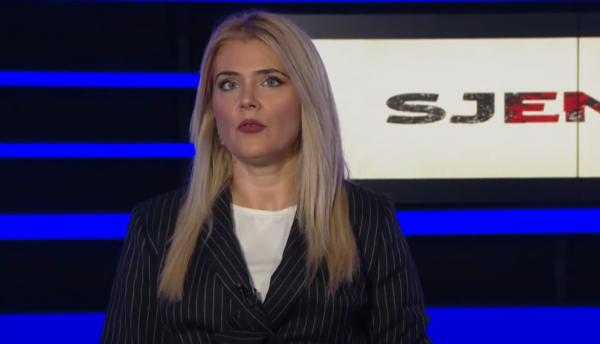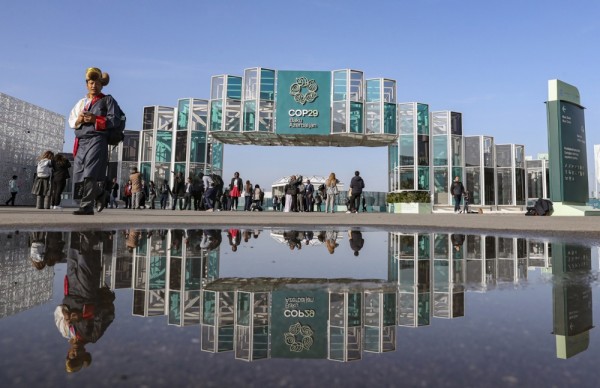H.E. Leonid Kuchma
President
Office of the President
Vul. Bankova 11
252005 Kiev
Ukraine
Fax: +380-44-293 10 01 / 293 73 64 / 291 61 61
Vienna, 9 March 2004
Your Excellency,
The International Press Institute (IPI), the global network of editors, media executives and leading journalists in over 120 countries, is deeply concerned about the ongoing harassment of the independent media in Ukraine ahead of the October presidential election.
According to information provided to IPI, Ukrainian journalists, long subjected to threats, intimidation and other forms of harassment are now facing more serious pressures as the October presidential election approaches.
Oleh Eltsov, editor-in-chief of the online newspaper Ukraina Kryminalna (Criminal Ukraine), was shot at with rubber bullets near his residence in Kiev on 12 January. Unidentified assailants shot him in the leg and torso, although Eltsov did not sustain serious injuries. This was the second attack on the journalist in the past year. Eltsov was assaulted on 24 July 2003 by two unidentified men, who beat the journalist as he was leaving his apartment to attend a court hearing over a controversial article he had written about the dean of Kyiv University’s law department. Under Eltsov’s editorship, the newspaper has been very critical of government authorities.
The prominent opposition newspaper Silski visti, believed to be linked to the Ukrainian Socialist Party and its leader, Oleksandr Moroz, was closed in January after a district court in Kiev found it guilty of provoking inter-ethnic conflict in Ukraine. Reportedly, this came as a result of a lawsuit by an organisation called the Jewish Anti-Fascist Committee, which charged that Silski visti reprinted two anti-Semitic articles by Professor Vasyl Yaremenko of the International Academy of Personnel Management.
In addition, re-transmissions of Ukrainian language Radio Liberty broadcasts have been stopped and banned. The privately-owned Radio Dovira stopped using broadcasts from US-funded Radio Liberty in February. It cancelled the broadcasts after its head was replaced with a government supporter.
Serhiy Sholokh, director of independent Radio Kontynent in Kiev, fled from Ukraine after he received threats and his station came under pressure when it announced it would start re-broadcasting Radio Liberty programmes. Radio Kontynent was taken off the air on 3 March, after police seized its transmitter, sealed its offices and briefly detained three people. The Ukrainian authorities said Radio Kontynent had not been licensed to broadcast on the more accessible FM band. Sholokh claims he was threatened by representatives of the United Social Democratic Party, headed by presidential chief of staff Viktor Medvedchuk. Radio Kontynent has often come out in support of the Ukrainian opposition and had re-transmitted broadcasts of the BBC, Voice of America and Deutsche Welle.
On 3 March, Yuriy Chechyk, director of Radio Yuta in Poltava, who had been holding talks on rebroadcasting Radio Liberty’s programmes, was killed in a car crash while travelling to meet with executives of Radio Svoboda, Radio Liberty’s Ukrainian Service. As director of Radio Yuta, Chechyk was a key media figure in the lead up to the October elections. While the authorities say that his death was accidental, Chechyk’s associates said they suspected foul play.
IPI urges Your Excellency to authorise an immediate and thorough investigation into these incidents and to do everything in your power to create an environment in Ukraine that allows journalists to practice their profession without harassment.
We thank you for your attention.
Yours sincerely,
Johann P. Fritz
Director


